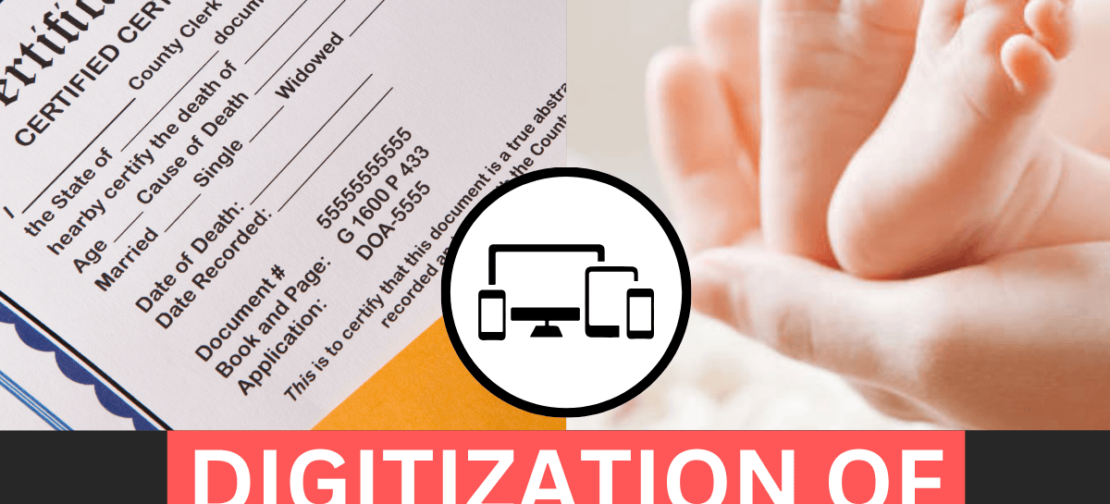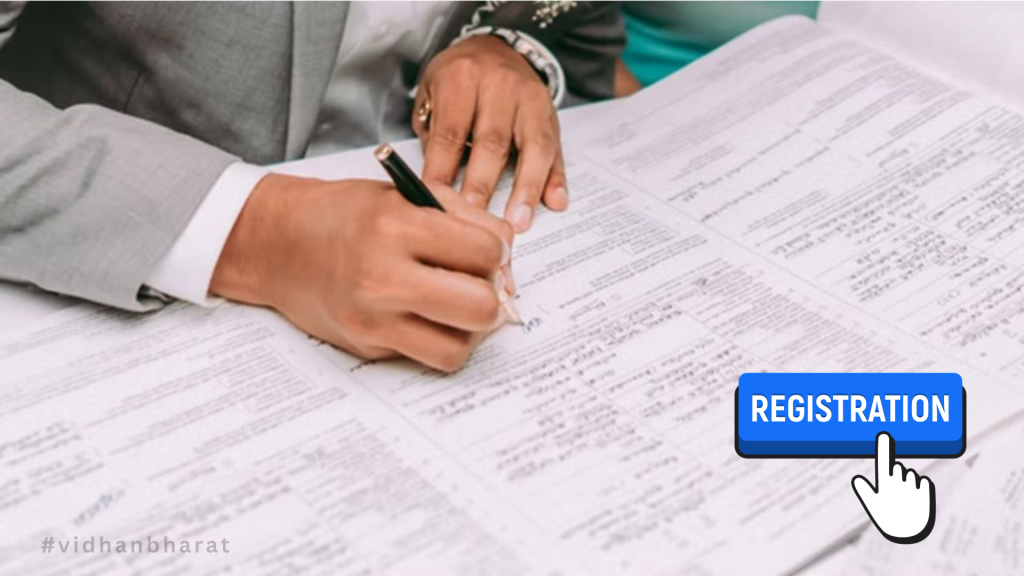
- Home
- About
- Knowledge Center
- Legislative Landscape
- Resources
- #TOGETHERFORBHARA
The Registration of Births and Deaths (Amendment) Act, 2023 was presented in Lok Sabha on July 26, 2023, by Shri. Amit Shah (Minister of Home Affairs) and was passed by the Lok Sabha on August 1, 2023. Subsequently, the bill was unanimously passed in the Rajya Sabha on August 7, 2023. The presidential assent by Smt. Draupadi Murmu, brought this act into force on August 11, 2023. The Act enacts significant changes to the existing Registration of Birth and Death Act 1969.
The Act aims to establish a comprehensive database for births and deaths in India, improve the entire registration process and provide digital birth certificates. It also enables the use of birth certificates for multiple purposes and broadens the list of authorized registrars.
Application for Registration of births/death is acceptable even after 30 days but should be within one year. Delayed registration is allowed within one year with consent and fees. Beyond one year, it requires a District Magistrate’s order after completing birth verification.
The Act mandates birth certificates as the sole proof for age and birthplace. This impacts rights such as voting, education, marriage, and government employment. No alternative verification methods are provided, potentially granting birth certificate issuers significant power and raising concerns about corruption.

The Act establishes a nexus between the Aadhaar Number of the parents and the individual providing information about the birth, in relation to the birth certificate of the child. The informants are listed below:
In cases of abandoned new-born children, two legal concerns have been raised –

The law allows sharing of birth and death data with other databases at the national and state levels. However, this requires approval from the central and state governments. Importantly, the Act doesn’t mandate individual consent for data linking, potentially raising privacy concerns.
The Act mandates that every new-born must have a birth certificate for various purposes like school enrolment, voting, government jobs, and others, designated by the central government. These provisions could disadvantage children in need of care and protection who lack birth certificates due to circumstances.
Additionally, this may conflict with the Juvenile Justice Act of 2015, which aims to promote the social reintegration and rehabilitation of children in need of care and protection. The Court ruled that the age recorded by these entities would be considered official for applying the Juvenile Justice Act, 2015. The Act does not include provisions for an alternative verification method when a person lacks a birth certificate.
This Act focuses on digital birth certificates and a centralized database for birth and death records. MPs and MLAs may benefit indirectly from improved efficiency and accuracy. The database helps all government officials, including MPs and MLAs, to handle records effectively, ensuring accuracy and consistency. This resource allows them to assist constituents with accurate information, although it’s not the primary goal but a result of a more efficient registration process.
